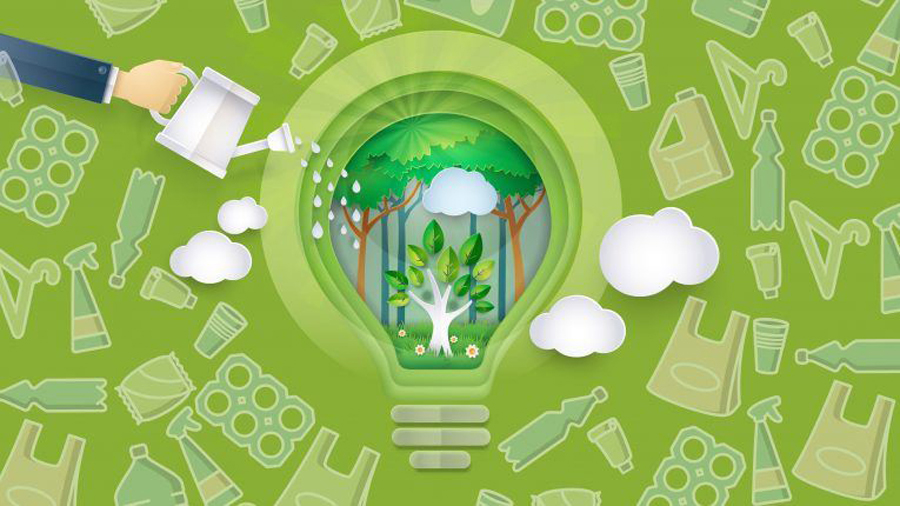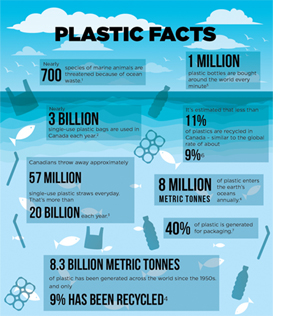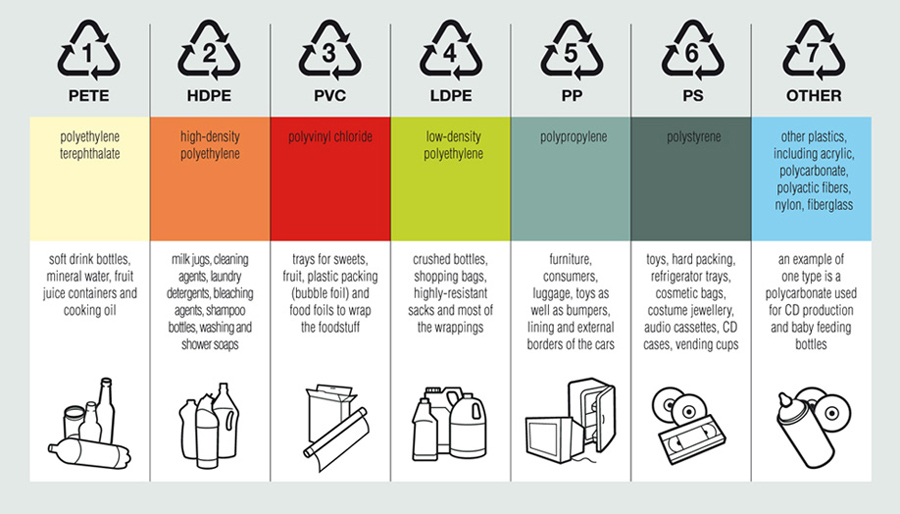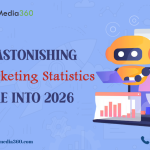Let’s Build A Plastic Goods Free Future

On July 3rd, an International plastic bag free day aims to raise the harmful impact of using plastic bags. Not only it also engages people but also shows them the ways to do so. This day teaches us to create a plastic bag-free world. Also, it was created as a worldwide initiative for the sole purpose of getting rid of single-use plastic bags around the world. Plastic goods takes a long time to photo-degrade around 300 years. They are also difficult and costly to recycle. They break into toxic particles, contaminated soils & waterways, and harm the animals by entering their food chain.
Some Related Facts
 A plastic bag has an average usability life of 15 minutes.
A plastic bag has an average usability life of 15 minutes.- It takes between 100 to 500 years for a plastic bag to disintegrate depending on its type.
- 1 million plastic bags are use globally per minute.
- 80% of marine litter is due to plastic.
- Plastic accounts for around 12% of the total waste we generate.
- 1M Sea-birds and approx. 100M aqua animals get killed due to plastic litter in oceans.
- Plastic thrown away every year can complete 4 rotations of the earth.
Harmful Effects Of Single-use Plastic Goods
- Bad for the planet – Because they take 300s to degrade, it directly harms many living organisms.
- Badly designed – Plastic bag lasts for 300 years but it is main to use only for a few minutes that does not make any good sense.
- Expensive – Protruding a plastic bag is cheap but it is very expensive to clean our environment from them.
- Unfair – Future generations will suffer from pollution-related diseases that is caused by present generations using plastic.
- Get into the food chain – This can easily get into the food chain of other living organizations, harm them and even kill them in process.
Types Of Plastic Goods

• High-Density Polyethylene (HDPE) Bags – This is used to make unbranded ‘singlet’ bags that are commonly used in supermarkets, service stations, and food outlets. Also, HDPE is manufacture from ethylene and is a by-product of gas or oil refining. These types of bags are fully recyclable but do not biodegrade.
• Low-Density Polyethylene (LDPE) – These are generally brand and use as ‘boutique’ bags at stores selling higher-value goods at department stores. LDPE is also manufacture from ethylene and is a by-product of gas or oil refining. Like HDPE, LDPE does not biodegrade. There are no recycling programs in King County for LDPE bags.
• Non-woven Polypropylene – This type of plastic is used to make ‘reusable’ bags. There is currently no recycling market for polypropylene bags at end-of-life due to their relatively low volume in King County. Non-woven polypropylene is also non-biodegradable.
• Degradable Plastic Bags – Degradable plastic is designed to change its chemical structure under specific environmental conditions. It can be broken down by chemical or biological processes.
There are 5 different types of degradable polymers –
1. Biodegradable polymers.
2. Compostable polymers.
3. Oxi-biodegradable polymers.
4. Photodegradable polymers.
5. Water-soluble polymers.
“Only we humans make waste that nature can’t digest”
– Charles Moore
The main problem is plastic because of their long-lasting nature, our planet is becoming surrounded by them. Hence, Marine ecosystems are being affect by plastic waste and suffering terribly. More than 100 species of sea birds have ingested plastic artifacts and more than 250 species have become entangled in plastic. So, it is one of the most urgent threats which plastic waste cause. To keep those in mind with the safety of nature animals are humans we celebrate this day.
Some Alternatives of Plastic Goods Are
- Jute bags.
- Paper bags.
- Cornstarch.
- Glass bottles.
- Copper bottles.
- Terracotta bottles.
Ways to Prohibit Plastic Use –
- Say no to single-use plastic bags.
- Use your own cloth or jute bag while shopping. It will save money and save the environment also.
- If you are craft skills, make your own bag and carry it with style.
- Volunteer your time or money with an environmental organization that works on cleaning water and landmasses from plastic bags.
- Recycle all the plastic in your house and office.
- Spread the word and educate your friends and families.
- A great idea for brands. Brands can make their own jute bags with their logo and use it for clients and other purpose. It will serve as their promotion also.
On every 3rd of July, we celebrate this day to protect our planet. Also, thousands of people are joining the cause and it will be a huge success. So let us celebrate this day to educate ourselves about the hazardous effects of plastics and spread the word.
! LET US MAKE THIS PLANET PLASTIC FREE AND PROTECT OUR BIODIVERSITY!






